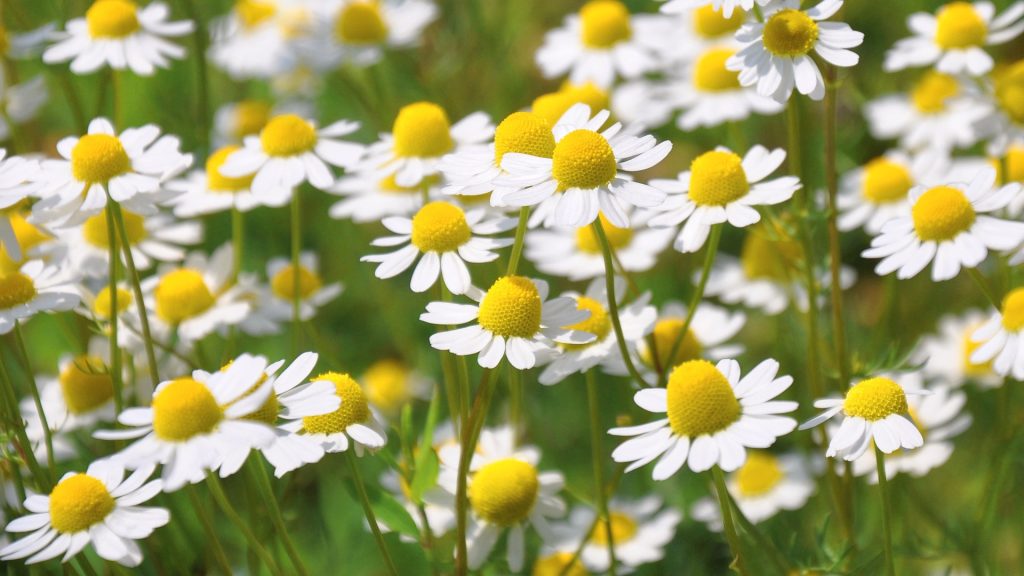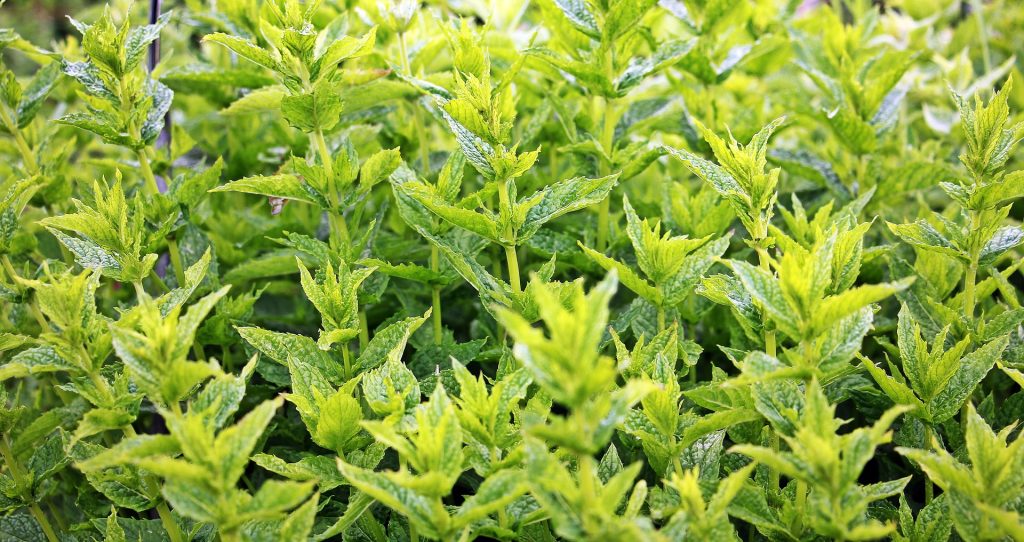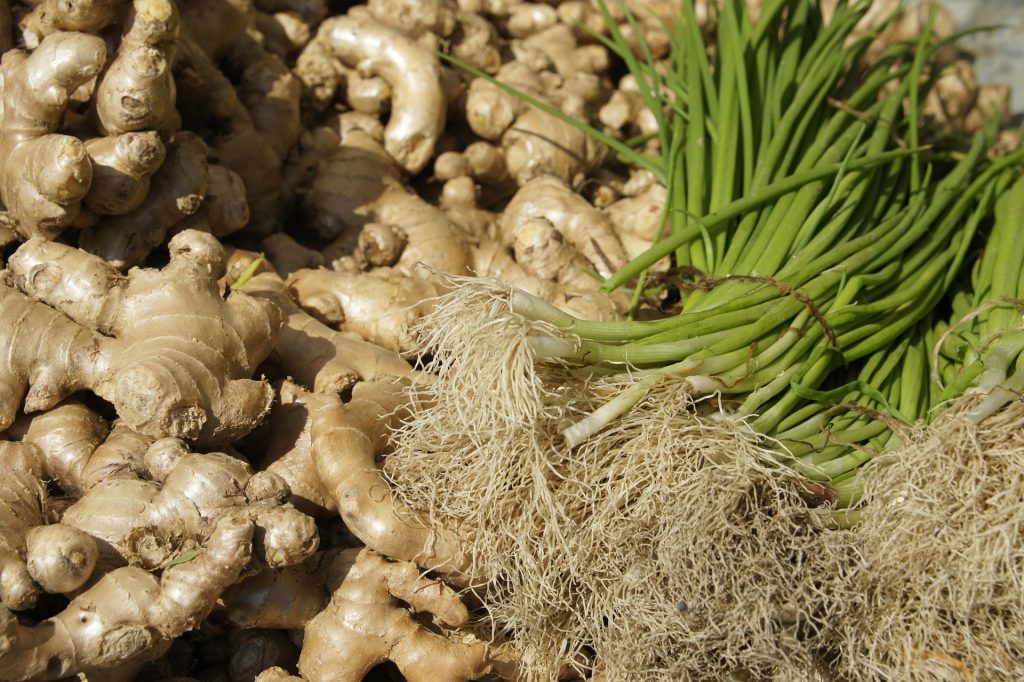How Plants Can Help Heal Your Body and Mind, Herbal medicine has been used for centuries to treat various ailments and promote overall health and wellness. Today, it remains a popular practice that continues to gain recognition for its effectiveness in supporting physical and mental health. While traditional medicine has long been the go-to for many people, the scientific research behind herbal medicine is starting to prove its worth.
We’ll explore the science behind herbal medicine and how it can support your physical and mental health. From the history of herbal medicine to the latest research, we’ll delve into the benefits of incorporating herbal remedies and plants into your daily routine. Whether you’re looking to boost your immune system, manage stress, or improve your sleep, herbal medicine has something to offer. So, let’s dive in and discover how plants can help heal your body and mind.

The Science of Herbal Medicine
How Plants Can Help Heal Your Body and Mind, The science of herbal medicine is rooted in the chemical compounds found in plants and how they interact with the body. These compounds, also known as phytochemicals, have been shown to have a wide range of medicinal properties. For example, some plants contain antioxidants that can help reduce inflammation and protect the body from oxidative stress. Others contain compounds that can boost the immune system or reduce stress and anxiety.
There are several different forms of herbal medicine, including teas, tinctures, and supplements. Herbal teas are one of the most common forms, and they can be made from a variety of plants. Tinctures are concentrated extracts made by soaking the plant material in alcohol or vinegar. Supplements, on the other hand, are typically capsules or tablets that contain concentrated plant extracts.
The benefits of herbal medicine are backed by a growing body of scientific research. Studies have shown that certain plants and their compounds can help reduce inflammation, improve immune function, and decrease stress and anxiety. For example, chamomile tea has been shown to reduce anxiety and improve sleep quality, while ginger has anti-inflammatory properties and can help ease nausea.
As more research is conducted, we continue to learn more about the benefits of herbal medicine and how it can support our overall health and well-being. By incorporating herbal remedies into our daily routines, we can tap into the healing power of plants and promote a healthier, more balanced lifestyle.
Plants for Physical Health
Plants have been used for centuries to treat a variety of physical ailments. From headaches to joint pain to digestive issues, herbal medicine offers a natural and often effective alternative to conventional treatments. In this section, we’ll explore the science behind the effectiveness of plants for physical health and provide examples of commonly used plants.
The Science Behind Plants for Physical Health
The chemical compounds found in plants are what give them their medicinal properties. These compounds can have a variety of effects on the body, including reducing inflammation, regulating hormones, and boosting immune function. Some compounds in plants may even have antibacterial or antiviral properties.
When it comes to using plants for physical health, it’s important to understand how they work in the body. For example, ginger contains compounds called gingerols and shogaols that have been shown to reduce inflammation and relieve pain. Chamomile contains a compound called apigenin that can help reduce inflammation and promote relaxation. Turmeric contains curcumin, which has been shown to have anti-inflammatory effects and may even help reduce the risk of chronic diseases.
Plants for Physical Health: Examples
Here are some examples of plants commonly used for physical health:
1. Ginger: This root has been used for centuries to treat nausea, headaches, and muscle pain. It contains compounds that can help reduce inflammation and relieve pain.
2. Chamomile: This herb is often used to promote relaxation and relieve anxiety. It can also help soothe digestive issues and reduce inflammation.
3. Turmeric: This bright yellow spice contains curcumin, which has been shown to have anti-inflammatory effects. It may also help reduce the risk of chronic diseases, such as heart disease and cancer.
4. Echinacea: This plant is often used to boost immune function and prevent colds and flu. It contains compounds that can help stimulate the immune system and fight off infections.
5. Peppermint: This herb can help relieve digestive issues, such as bloating and gas. It can also help relieve headaches and muscle pain.
By incorporating these plants into your daily routine, you may be able to improve your physical health and alleviate common ailments naturally.
How Plants Can Help Heal Your Body and Mind, Make sure to consult with a healthcare professional before incorporating new herbal remedies into your routine, especially if you are taking any medications or have any underlying medical conditions.
Plants for Mental Health
Herbal medicine has been used for centuries to treat a range of mental health conditions, and recent scientific research has begun to shed light on the mechanisms behind the effectiveness of these plants. Many plants contain compounds that have a positive impact on the brain and can improve mood, reduce anxiety, and support overall mental wellbeing.
One of the most well-known plants for mental health is lavender. The aroma of lavender has been shown to have a calming effect on the nervous system, and studies have found that it can reduce symptoms of anxiety and depression. Similarly, passionflower has been shown to have a sedative effect and can help promote relaxation and improve sleep quality.
St. John’s Wort is another popular plant used to support mental health, particularly for mild to moderate depression. The plant contains compounds that have a similar effect to selective serotonin reuptake inhibitors (SSRIs), a type of antidepressant medication. It can also have anti-inflammatory and antioxidant properties, which can benefit overall health.
Other plants commonly used for mental health include ashwagandha, which can help reduce stress and improve mood, and ginkgo biloba, which has been shown to improve memory and cognitive function.
It’s important to note that while herbal medicine can be a helpful addition to a mental health treatment plan, it should never be used as a replacement for professional medical care. If you’re struggling with a mental health condition, it’s important to talk to your healthcare provider about the best course of treatment for your specific needs.
How Plants Can Help Heal Your Body and Mind, Incorporating plants into your daily routine can be a simple and effective way to support your mental health. Whether it’s enjoying a cup of lavender tea before bed or diffusing essential oils throughout your home, the power of plants can have a positive impact on your overall well being.

Incorporating Herbal Medicine into Your Routine
Now that we’ve explored the science behind herbal medicine and the ways in which plants can support physical and mental health, let’s discuss how to incorporate herbal medicine into your daily routine.
Choose the Right Form of Herbal Medicine
Herbal medicine comes in many different forms, including teas, tinctures, capsules, and supplements. It’s important to choose the form that works best for you and your lifestyle. For example, if you prefer a quick and easy option, you may choose a supplement. If you enjoy the ritual of brewing tea, you may opt for an herbal tea blend. It’s important to note that different forms of herbal medicine may have varying levels of potency and effectiveness, so it’s important to do your research and consult with a healthcare professional.
Find a Reputable Source for Herbs and Supplements
When incorporating herbal medicine into your routine, it’s important to find a reputable source for your herbs and supplements. Look for a supplier that uses high-quality ingredients and employs rigorous quality control measures. You may also want to consider organic and sustainably sourced herbs to reduce your exposure to pesticides and support environmental sustainability.
Consult with a Healthcare Professional
While herbal medicine can be a safe and effective way to support your health, it’s important to consult with a healthcare professional before using herbal remedies, especially if you are taking medication or have a medical condition. Some herbs can interact with medications or exacerbate certain medical conditions. Your healthcare professional can help you choose the right herbs for your individual needs and ensure that there are no contraindications with your current medication or health status.
Incorporating herbal medicine into your routine can be a wonderful way to support your physical and mental health. With the right knowledge and guidance, you can safely and effectively integrate herbs and plants into your daily life. Remember to choose the form that works best for you, find a reputable source for your herbs and supplements, and consult with a healthcare professional before starting any new herbal remedy.

The popularity of herbal medicine is growing rapidly, and for good reason. The science behind herbal medicine has shown that plants can offer a wide range of benefits for both physical and mental health. From reducing inflammation and improving immune function to reducing stress and anxiety, incorporating herbal remedies into your daily routine can be a powerful way to support your overall health and well-being.
However, it is important to understand the science behind herbal medicine and use it safely and effectively. When using herbal remedies, it’s essential to choose the right form of herbal medicine and find a reputable source for herbs and supplements. It’s also important to consult with a healthcare professional before using herbal remedies, especially if you are taking medication or have a medical condition.
Exploring the world of herbal medicine can be an exciting and rewarding journey. By incorporating herbal remedies into your routine, you can experience the many benefits that plants have to offer. Whether you are looking to support your physical health or improve your mental well-being, there is a wide range of herbal remedies and plants available to help you achieve your goals. So why not try incorporating some herbal medicine into your routine today and discover the many benefits that plants can offer for your body and mind?